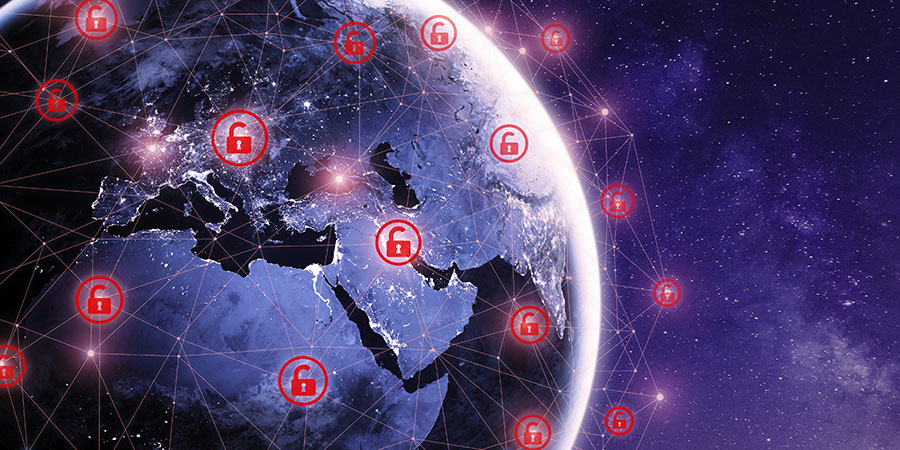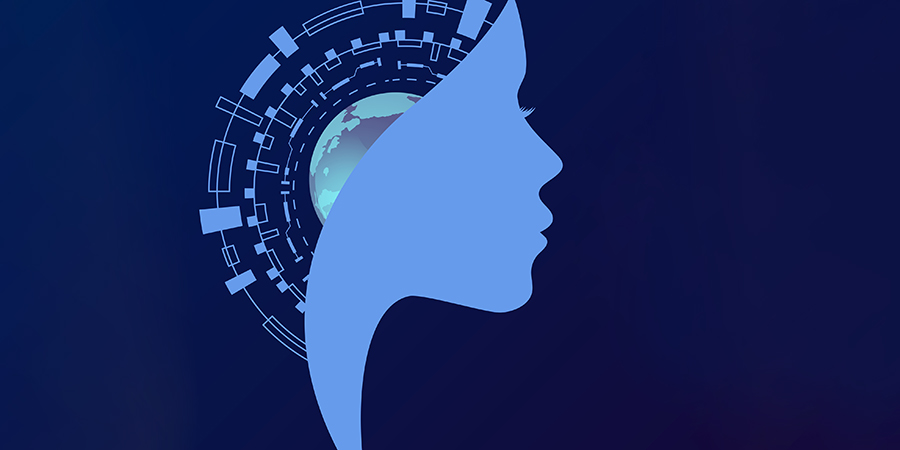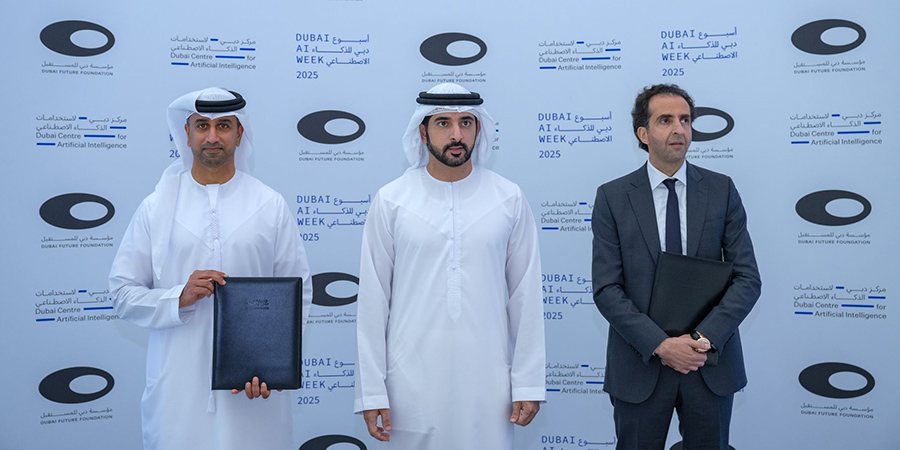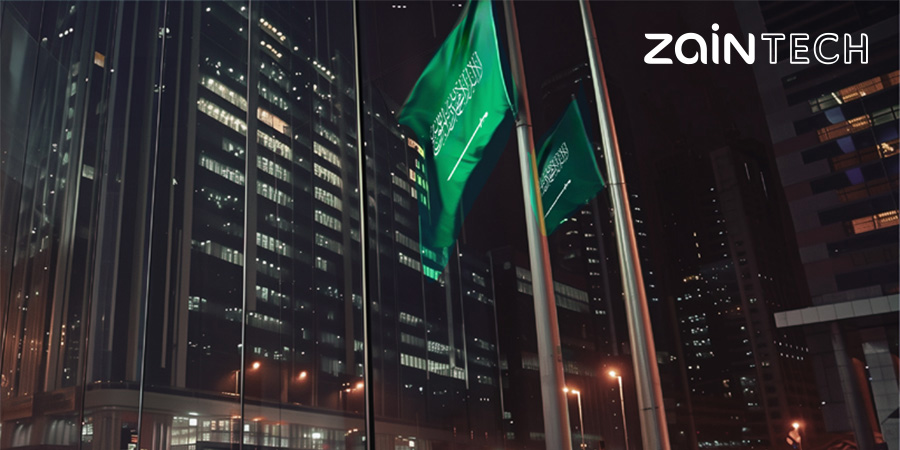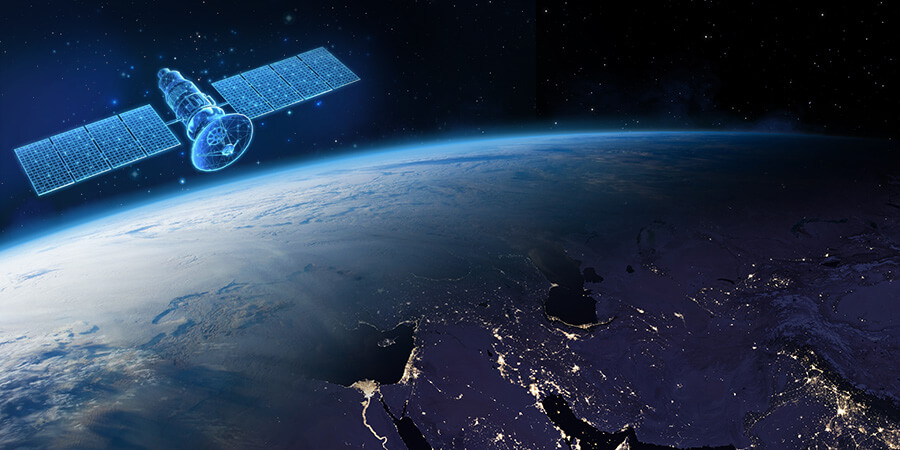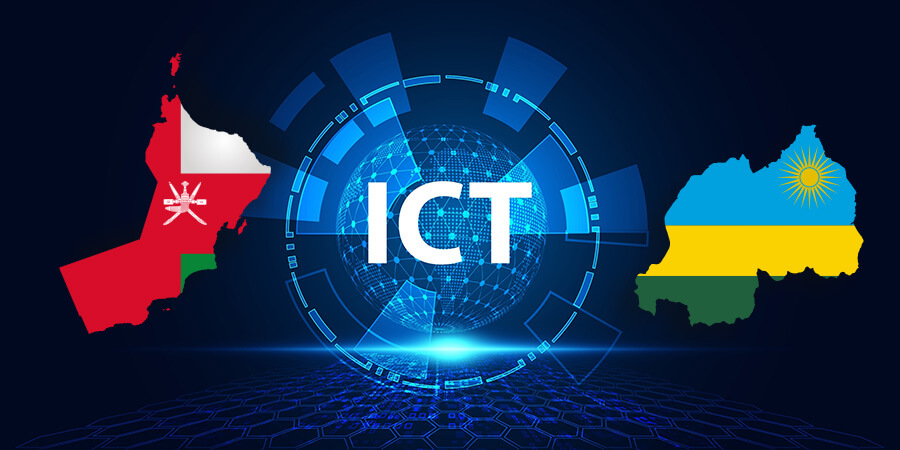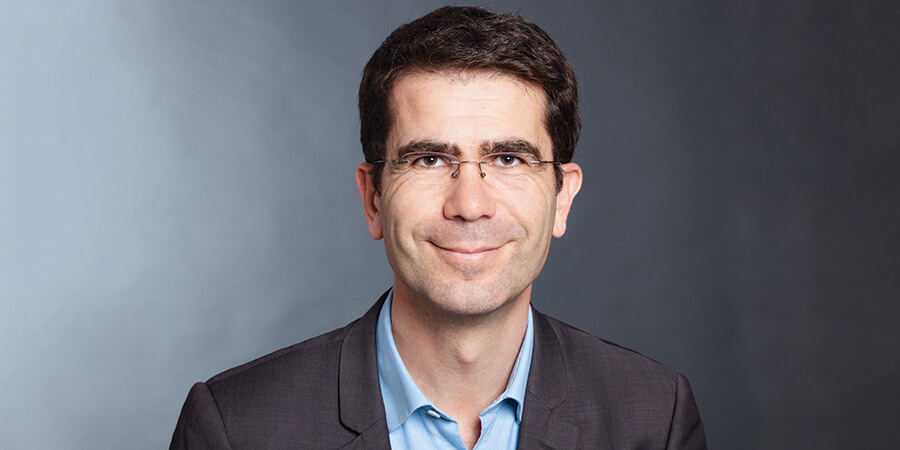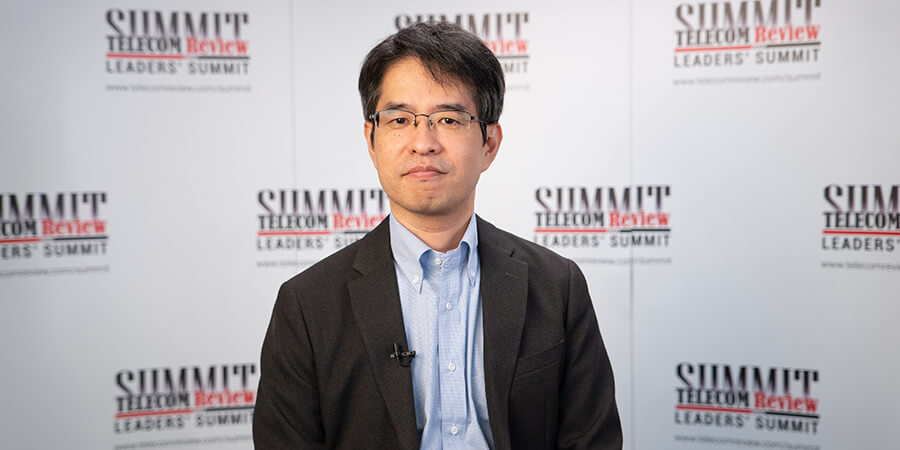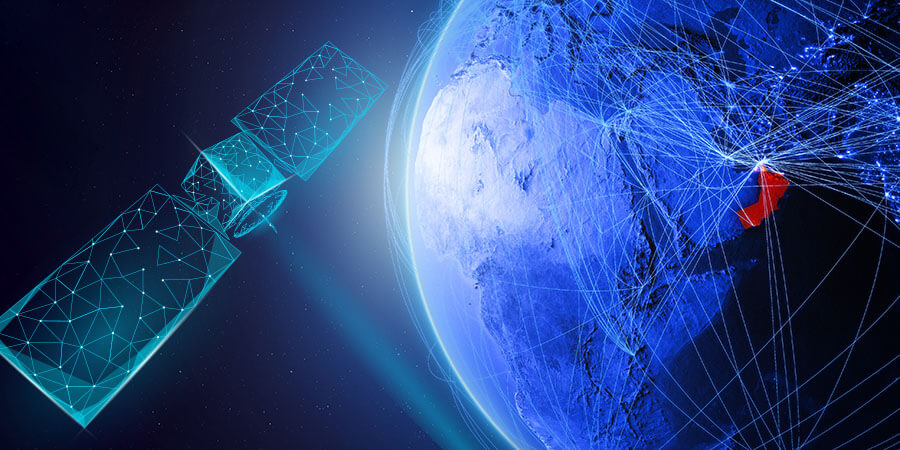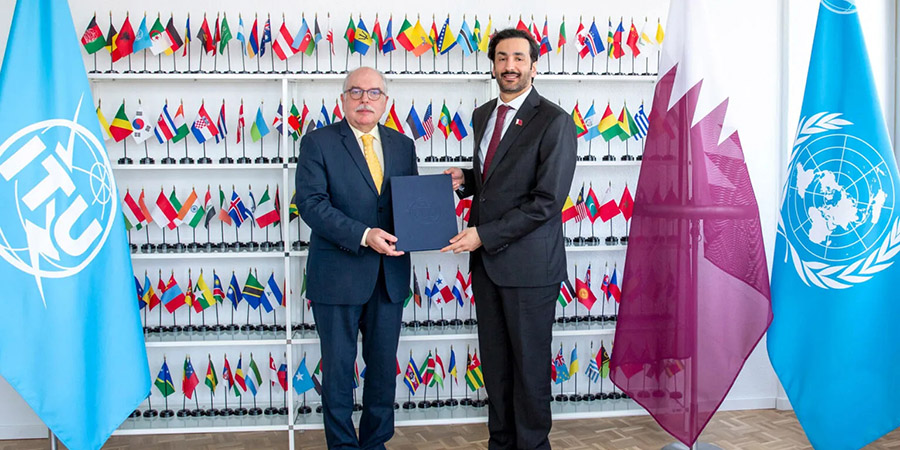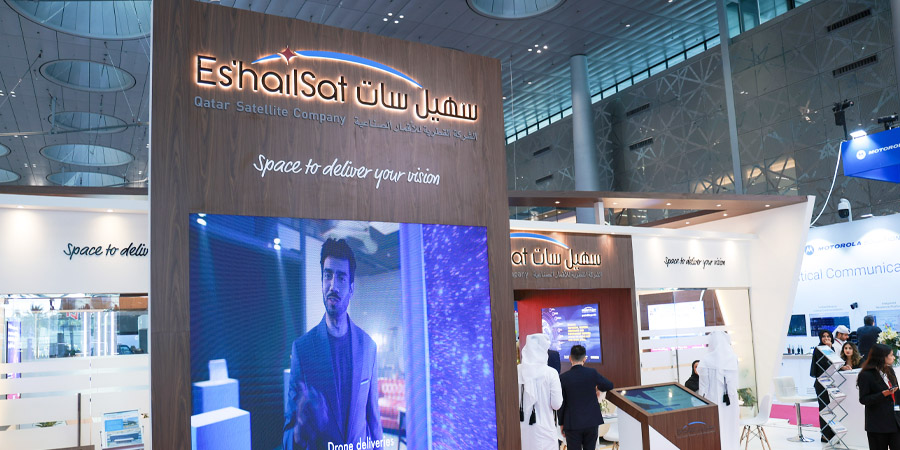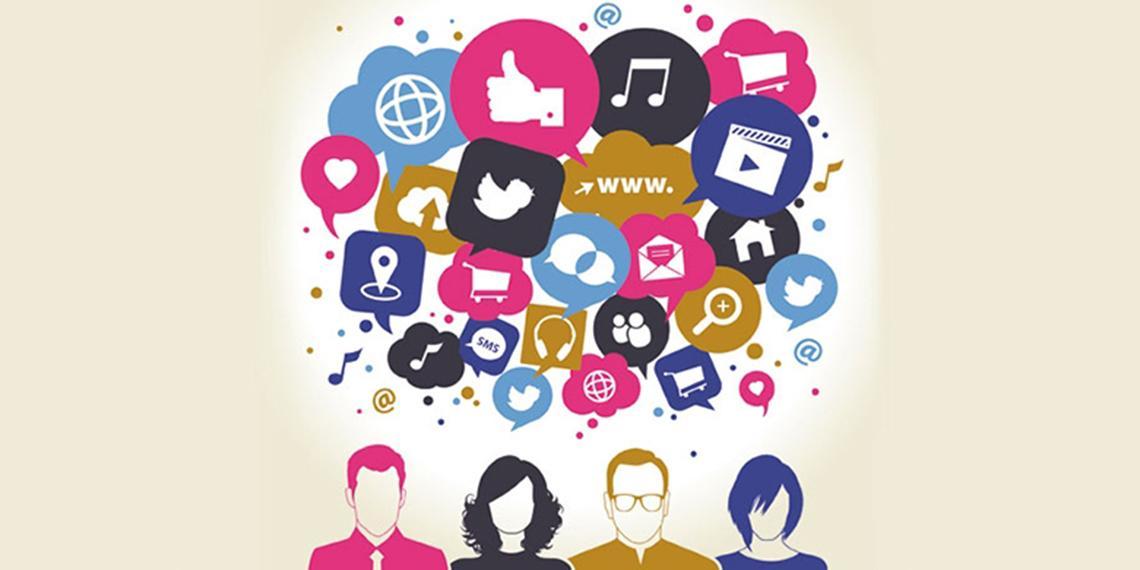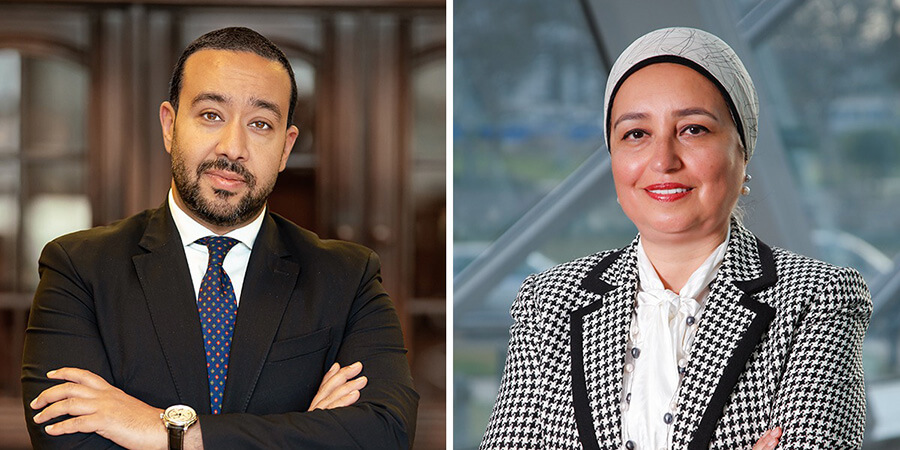Social networking has taken the online world by storm. It's no joke when it's said that social media has taken over the lives of people in our modern age. In many ways, it has led to positive changes in the way people communicate and share information; however, it has a dark side as well. With increasing platforms available to the public, is the information people share actually posing a threat to their privacy? Has it become too invasive?
Social media has definitely changed the way people interact, but with the rise of numerous social media platforms, people have grown to spend at least half of their day being online and engaging in social media. This can seriously result in negative outcomes, some with long-term consequences.
It's a platform where privacy gets diminished and the risks of fraud or identity theft rises.
Although many users feel their personal data is safe on social networking sites because they have set high levels of security settings, research suggests that this is not the case. According to research, researchers created an algorithm to discover an individual's personal attributes by examining the one thing that most people leave public even when all other privacy settings are put: their friend list. Using the algorithm, researchers were able to infer many personal traits merely from friend lists, including educational level, university attended, hometown and other private data.
Many social networking sites regularly make changes that require you to update your settings in order to maintain your privacy, and frequently it is difficult to discover how to enable settings for your appropriate level of privacy. Because of this, many users do not realize how much private information they are allowing to become public by not re-evaluating settings every time the network makes a change.
Tagging can also serve as an invasion of privacy. When social networking sites have a ""tagging"" option, unless you disable it, friends or acquaintances may be able to tag you in posts or photographs that reveal sensitive data.
Moreover, the information you post on the internet is available to almost anyone who is clever enough to access it. Most thieves need just a few vital pieces of personal information to make your life a nightmare and if they successfully steal your identity, it could cost you severely.
On the other side, studies have shown that hyper-networking (more than three hours on social networks per day) and hyper texting (more than 120 text messages per day) can lead to negative health consequences, correlated with unhealthy behaviors in teens, including drinking and smoking. Hyper-networking is also associated with depression, substance abuse, poor sleep patterns, suicide and poor academic performance.
Although social networking brings people together across the internet; however, it may create social isolation and face to face connections gets endangered, according to a BBC News report. As people spend increasing amounts of time on social networks, they experience less face to face interaction. And because of the autonomy afforded by this virtual world, individuals are free to create a fantasy persona and can pretend to be someone else.
Scientists have evaluated social isolation in many studies, and have determined that it can lead to a host of mental, psychological, emotional and physical problems including depression, anxiety, somatic complaints and many others.
Teens are at higher risk because those years are the exact time when they start learning to interact with others or build and maintain relationships. They are not spending this time in face-to-face interactions with their peers or others, nor are they developing the necessary social skills for future success.
But still there are several ways to decrease social media's impact and minimize the potential for negative outcomes. People can start by always using maximum privacy settings and being cautious about what to share on social networking sites. Minimizing the time that people spend social networking, and not allowing strangers into their social networks by building only online networks of people they interact with face-to-face will create a great help and prevent any harmful results.
Because networking in online social communities is still a relatively young online trend, like any other type of networking or social club with which individuals become involved, it is a good idea to make sure that we know what we are getting into. Understand the terms of use, the rules and regulations, and be clear on issues like security and privacy. After all, people should take responsibility for their own safety and integrity and never join something just because it is trendy or because everybody is doing it.




